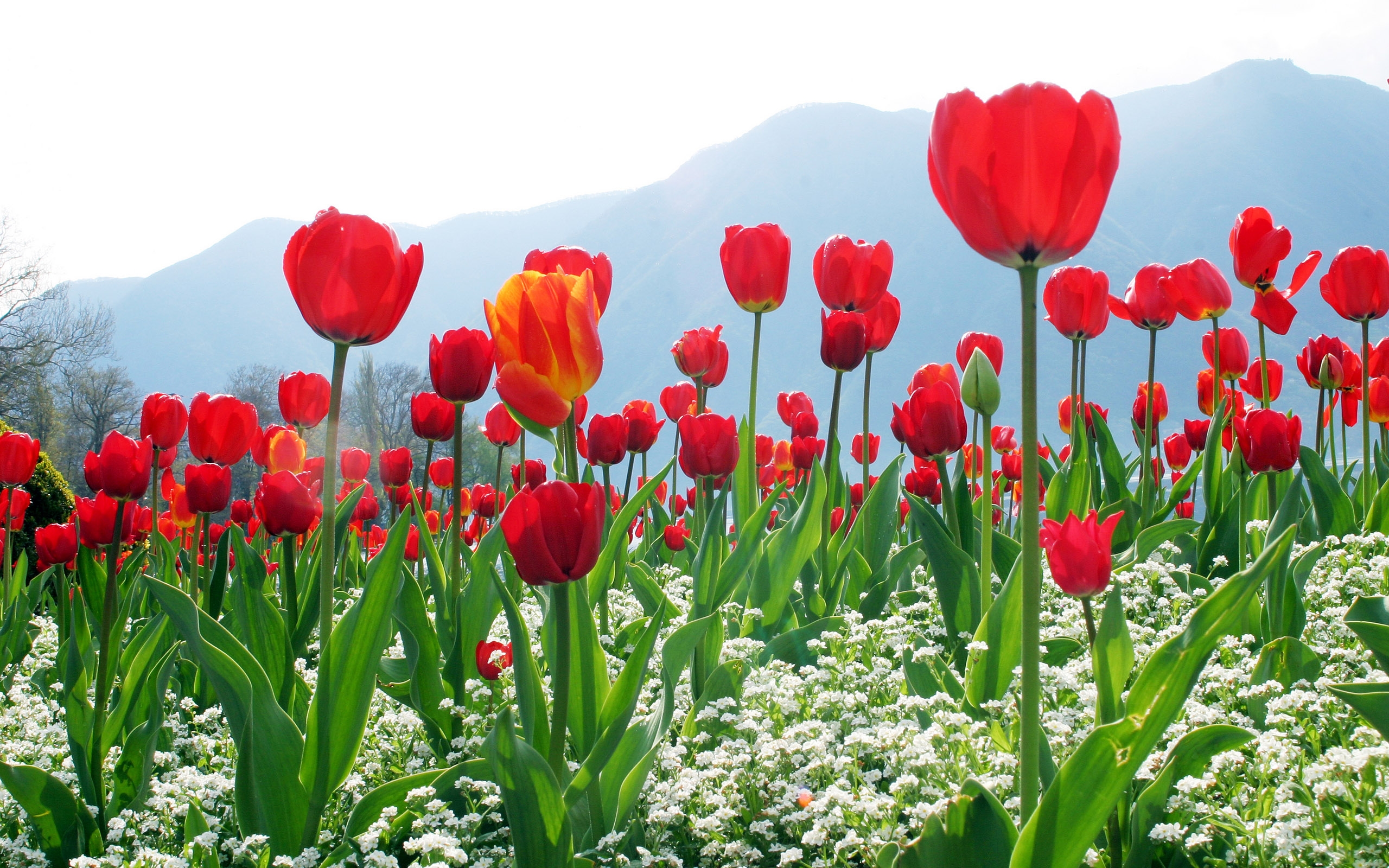Bird Watching
Bird watching is a lifetime ticket to the theater of nature. This is about wild birds & ducks of Kashmir. Birding is for everyone who is interested in enjoying nature. Bird diversity varies seasonally and as many as 554 species belonging to 13 orders have been recorded in the State of Jammu & Kashmir.
- 262 species have been reported from the temperate and alpine regions of the Kashmir Valley ranging in elevation from 1800m to 7500m with an average annual rainfall of 733mm.
- 225 species have been reported from the cold high-level desert of Ladakh which ranges in elevation from 2750m to 7672m with an average annual rainfall of 160 mm.
- 183 species have been reported from the sub-tropical plains of Jammu with an elevation of about 100 to 700m with an average annual rainfall of 1124mm.
Staking out in the wild to identify and track birds that is the essence of bird watching. You have to spot a bird in its natural habitat and then try to discover its identity. It's not tough to bird watch. Just keep your eyes and ears open. Carry a powerful pair of binoculars, a notebook and a pen, and plenty of patience on your bird watching holiday.
Birds flock to a water source, such as in our lakes, rivers and all the mountain areas like Gulmarg, Pahalgam, Sonamarg etc. For wild ducks (migratory / seasonal) and other waterfowl you can visit Hokarsar, Anchar, Manasbal, Wular, Dal & Nageen Lakes. So that's where you need to head out.
Hokarsar & Anchar
These are wetlands situated near Srinagar—the capital of Kashmir. Thousands of migratory birds come to these Wetlands from Siberia and other regions in the winter season. Migratory birds from Siberia and Central Asia use wetlands in Kashmir as their transitory camps between September and October and again around spring. These wetlands play a vital role in sustaining a large population of wintering, staging and breeding birds.Hokersar is 14 kilometres (8.7 mi) north of Srinagar, and is a world class wetland spread over 13.75 square kilometres (5.31 sq mi) including lake and marshy area. It is the most accessible and well-known of Kashmir's wetlands which include Hygam, Shalibug and Mirgund. A record number of migratory birds have visited Hokersar in recent years. An estimated quarter of a million birds have already been spotted at Hokersar in the current season.
Birds found in Hokersar
Migratory ducks and geese which include Brahminy Duck, Tufted Duck, Gadwall, Garganey, Greylag Goose, Mallard, Common Merganser, Northern Pintail, Common Pochard, Ferruginous Pochard, Red-Crested Pochard, Ruddy Shelduck, Northern Shoveler, Common Teal, and Eurasian Wigeon.All you really need are your eyes and ears! Anyway, get a powerful set of binoculars before setting out on your bird watching holiday. Pack clothing that will help you to blend with your surroundings.
Make sure:
Always venture out in the early morning when the birds are at their chirpy best.Dress to blend with your surroundings.
Don't be noisy. Sit quietly and have the birds come to you.
Don't go bird watching in a big group.
On request ½ day / full day birding watching tours can be easily arranged.






